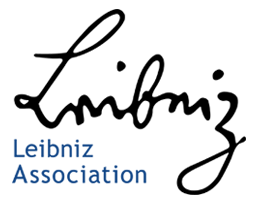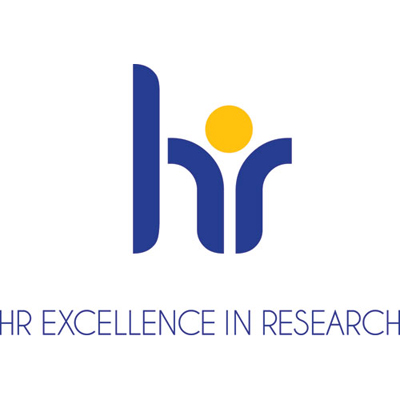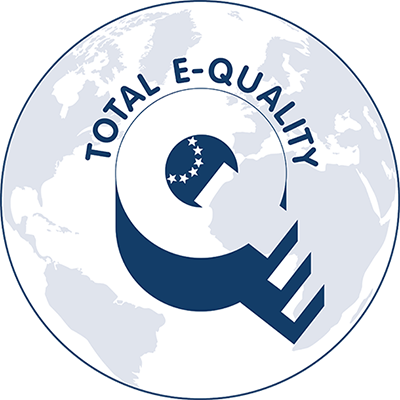Plasma Modelling & Data Science
The modelling of plasma sources and processes plays a central role in the field of plasma research and technology development. Based on extensive parameter studies, model calculations and simulations enable the targeted optimisation of technological plasmas and the development of new applications. This can reduce the practical implementation of costly and time-consuming experiments. Furthermore, the model calculations and simulations make it possible to determine parameters that are experimentally difficult to access and to analyse their behaviour. At INP, numerical methods, models and simulations are developed and applied for low-pressure and atmospheric-pressure plasmas with technological and scientific applications. The spectrum ranges from the description of individual physical effects to a multiphysics and multiscale simulation of plasma sources and plasma processes. Both commercial software packages such as COMSOL Multiphysics® and self-developed software codes are used here.
For the purpose of innovative linking and integrated analysis of data from laboratory and simulation experiments and for the implementation of the FAIR data principles, workflows, tools and standards for uniform research data management are being developed at INP. On this basis, modern data science methods for the automated and AI-supported analysis of data are applied and continuously adapted for practical requirements. Furthermore, work is being done on the use of machine learning methods and neural networks to accelerate plasma simulations.
Technological equipment
In the field of thermal plasmas, the focus is currently on plasma spraying processes and investigations on small-scale arc plasmas. On the one hand, the focus is on optimising applications; on the other hand, fundamental investigations are also carried out, such as on the interaction of plasmas with the electrodes. The models developed at INP enable a consistent non-equilibrium description of plasma and boundary layer in thermal plasmas.
Studies on non-thermal plasmas primarily cover barrier discharges, plasma ion sources and plasma jets. The focus is on studies of the analysis of plasma chemical processes, the interaction of plasmas with surfaces, and the optimization of plasma sources for diverse applications. The models available at INP enable a time-dependent and spatially multidimensional description and detailed analysis of plasma-physical and reaction-kinetic effects.
Reaction mechanisms induced by gas discharges have great technological potential, for example for the conversion of carbon dioxide and the formation of green hydrogen. The models available at INP for the analysis of plasma-chemical processes are used to optimise plasma applications and to open up new fields of technology. Both thermal and non-thermal plasma sources can be used to trigger the reaction mechanisms.
Data-driven research and development at INP is supported by the design and implementation of tools and workflows for structured and automated storage, processing and analysis of data from laboratory and simulation experiments. Various analysis tools and AI-supported methods are available for the analysis of large amounts of data, which are continuously developed further as required.
INP sets international standards in the implementation of research data management processes for plasma technology that address the entire data life cycle in accordance with the FAIR data principles. To this end, digital workflows are being developed and deployed that link metadata standards, electronic laboratory notebooks and data repositories.
The INP operates the interdisciplinary plasma technology data platform INPTDAT for the publication and re-use of research data. On the one hand, this takes into account the requirements of publishers and research funders with regard to the publication of research data, and on the other hand, it achieves the greatest possible visibility and transparency of research at INP in the sense of Open Science. Mechanisms for quality assurance of research data are implemented on the basis of ontologies, knowledge graphs and blockchain technologies.






































